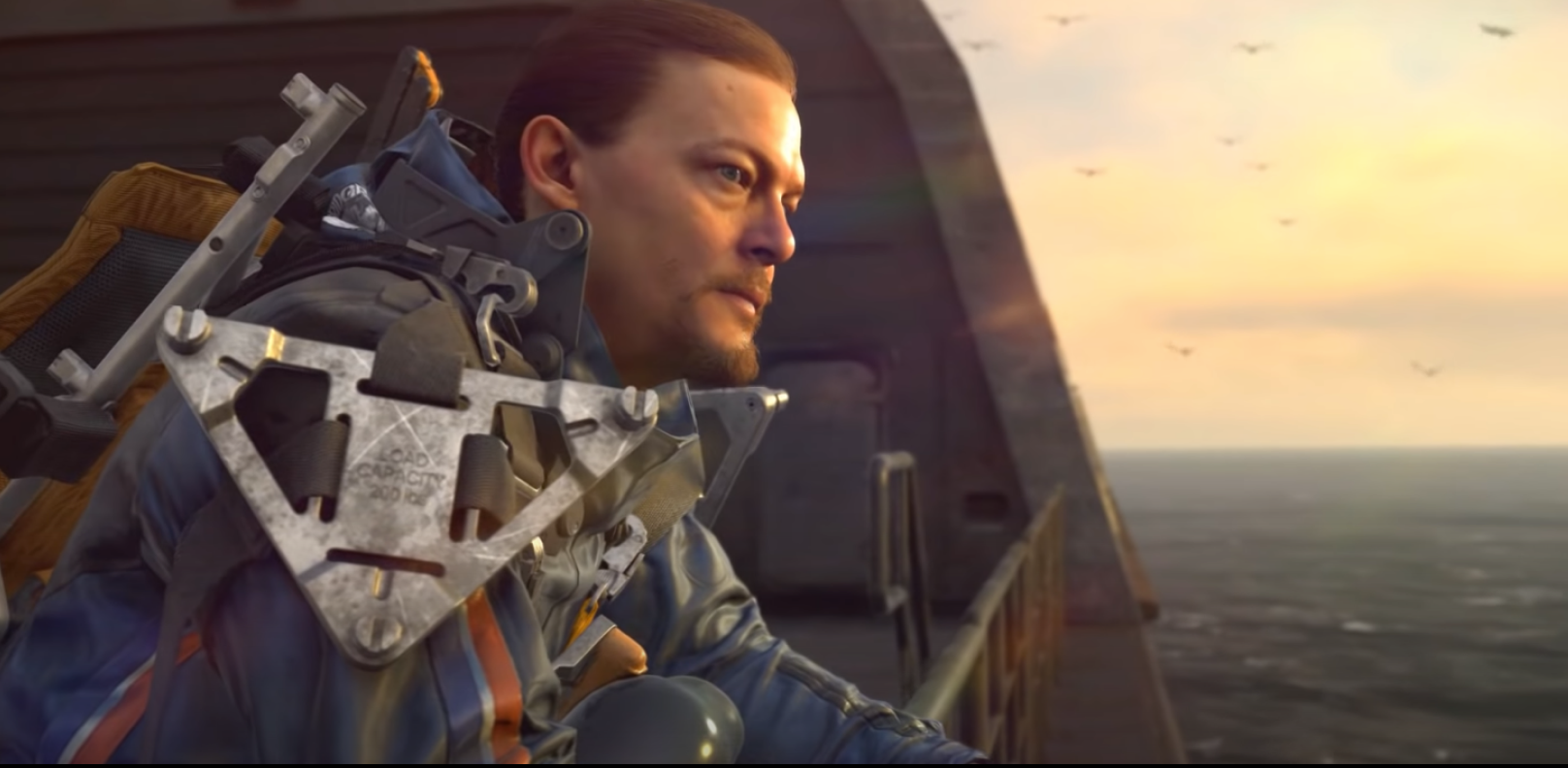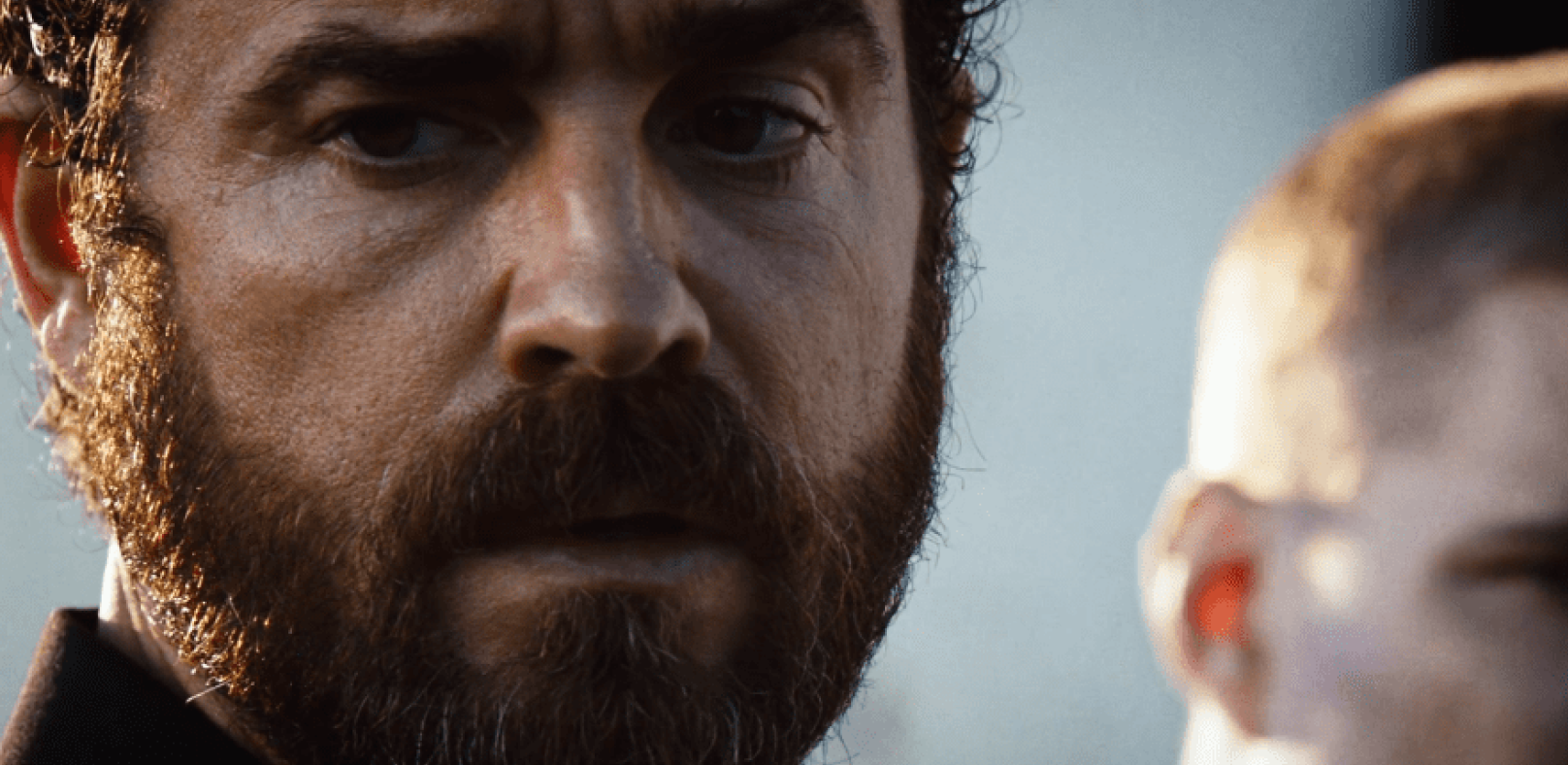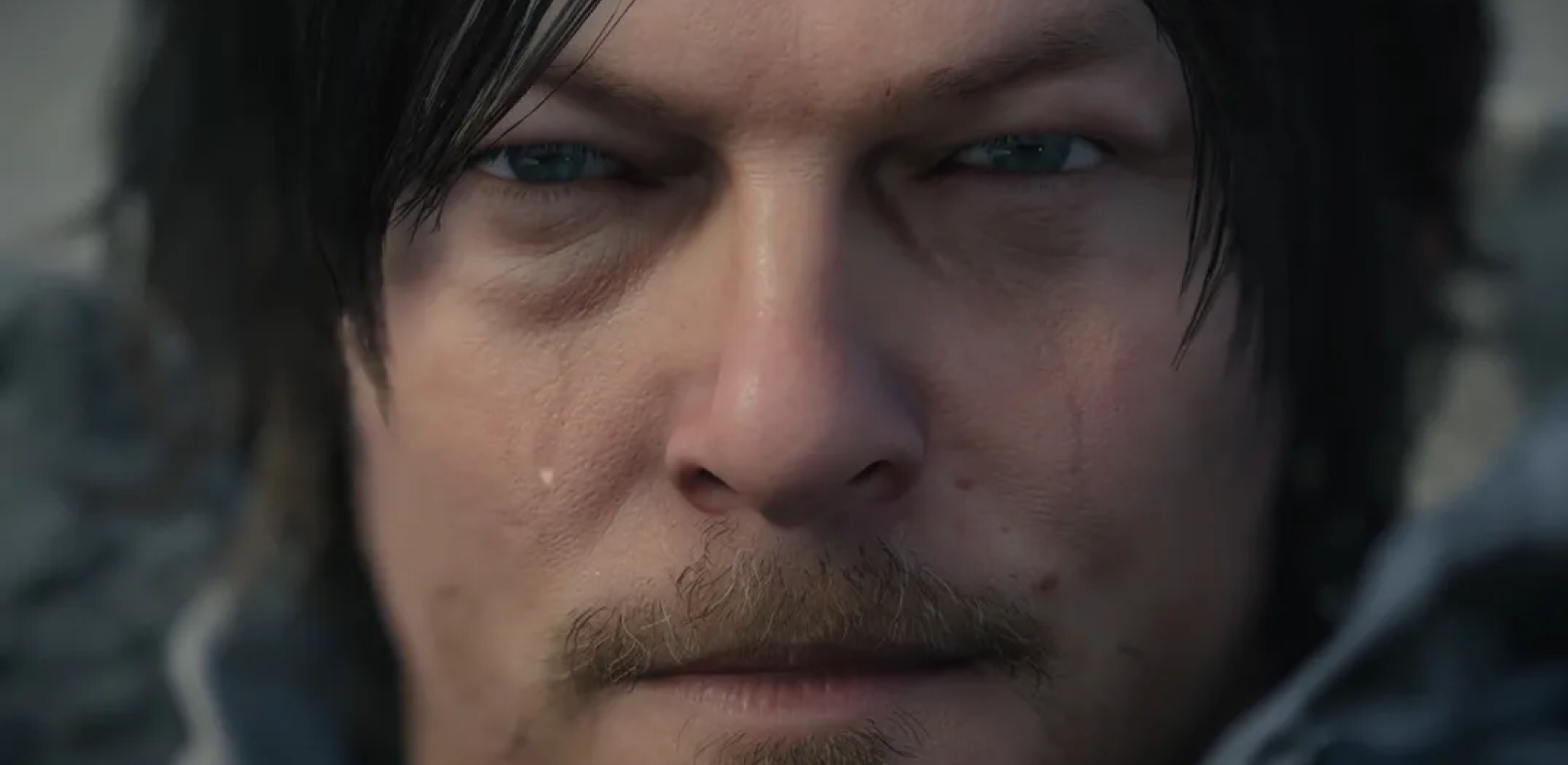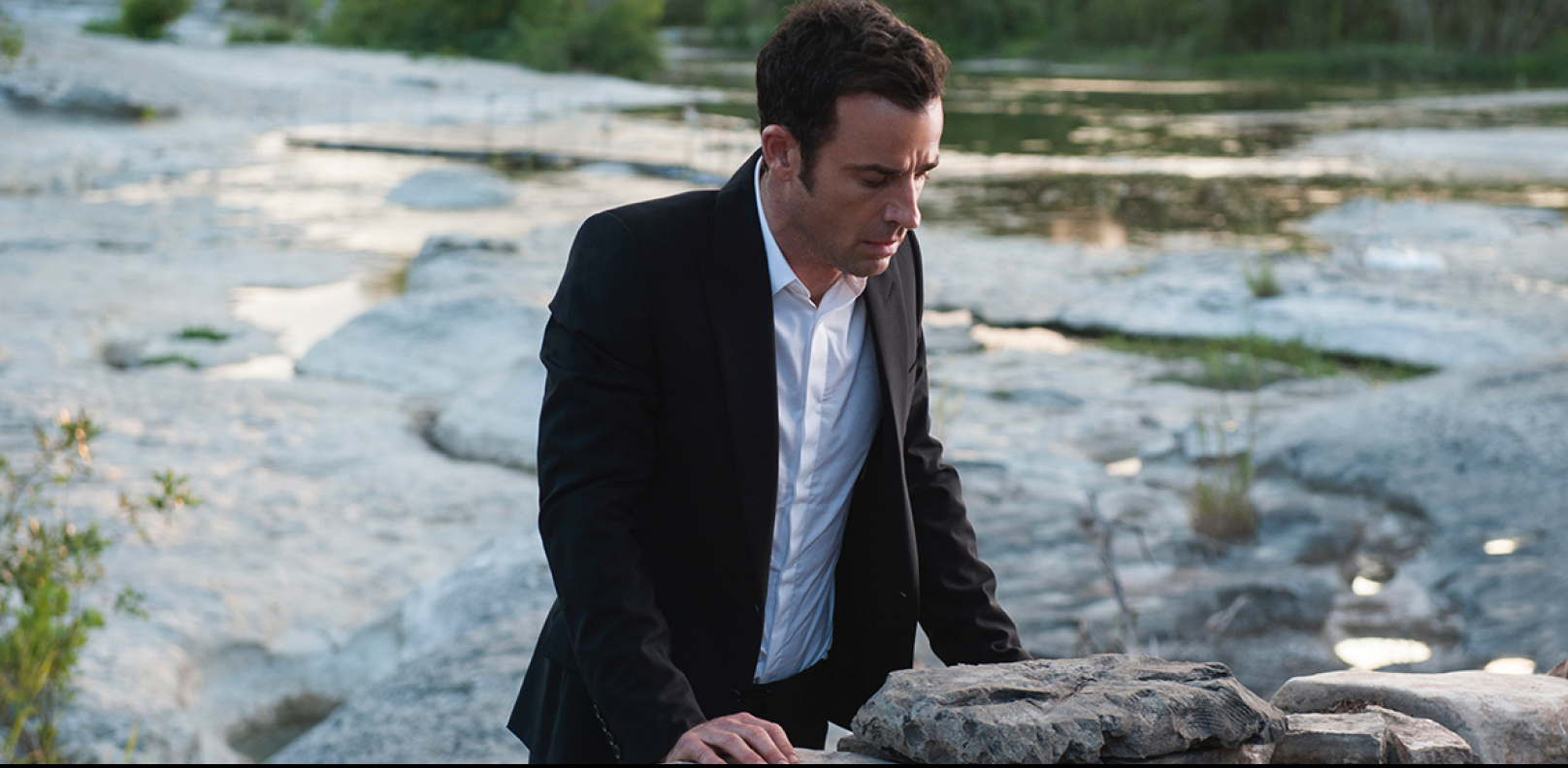Connecting Through Loss, Exploring Human Bonds in Death Stranding and The Leftovers
Connecting Through Loss, Death Stranding & The Leftovers explore human struggles, grief, and the yearning for meaning in a changed world.

Death Stranding, a captivating video game by Hideo Kojima, and HBO's critically acclaimed and criminally underrated series, The Leftovers, share similarities in their examination of human connection in the face of loss, uncertainty, and a world forever changed.
Both Death Stranding and The Leftovers grapple with the impact of grief of losing normalcy, I think. The Death Stranding event results in the separation of the living and the dead, shattering human connections and leaving the world in disarray. Players traverse a hauntingly desolate landscape, symbolizing the emotional void left by the vanished connections. The game is intentionally cryptic and filled with metaphysical and philosophical themes, exploring the importance of human connection, life, death, and the bonds that tie people together. As players progress through the game, they unravel the significance of Sam's mission to reconnect humanity.
Similarly, The Leftovers depicts the aftermath of a global event — Sudden Departure, where 2% of the population inexplicably disappears. This sudden loss leaves the people in a state of perpetual grief, testing the strength of their connections with one another and their will to carry on living.

Normal that We Once Knew is Now the Abnormal
While Death Stranding's writing may not match the depth of The Leftovers, its immersive gameplay offers a unique experience that the latter cannot directly replicate. The moments where players carry deliveries with a baby encapsulated in a plastic capsule create a constant reminder of our connection to someone, emphasizing the significance of human bonds. Despite being physically separated, players must care for the baby while fulfilling delivery orders and navigating treacherous surroundings filled with deathly creatures.
This overwhelming yet immersive gameplay allows players to truly connect with the present moment, fostering a feeling of groundedness. The game's world is not merely an empty space designed to move us from point A to B; instead, it compels us to contemplate the journey we are currently undertaking. The heightened awareness of our actions challenges us to think critically about our choices and the impact they have on the world we traverse.
In both Death Stranding and The Leftovers, survival is a constant struggle, and the characters try to find meaning and normalcy despite the challenges of the new world. The Sudden Departure in The Leftovers disrupts everyone’s lives, and they strive to regain a sense of normalcy, even though it is difficult. Similarly, in Death Stranding, players face constant reminders of the harsh reality as they navigate a post-apocalyptic world, yet they push forward to rebuild society. However, the weight of the past and the changed world is an ever-present reminder that nothing is the same.

Why do I resist connecting, and yet, why do I still yearn to be connected?
In both narratives, characters grapple with the search for meaning amidst chaos and uncertainty. Sam Porter in Death Stranding takes on the crucial mission of reconnecting isolated communities through the delivery of vital supplies. Through Sam, players attempt to find meaning in this world full of enigmas. His journey becomes an allegory for the human search for purpose and the desire to rebuild fractured connections.
Likewise, The Leftovers portrays the characters of Kevin and Nora attempting to find meaning in the inexplicable loss and transform their grief into something tangible. Kevin and Nora's relationship feels somewhat forced, forged through trauma bonding as they try to connect with the world and each other. On the other hand, in Death Stranding, Sam Porter appears aloof and reluctant to reconnect America, his main quest, yet he accepts this job. Although Sam acts as if it's just a job, the truth is that it matters deeply to him. He longs for connection, not only with others but also within himself.
Both Kevin and Sam share an untouchable quality, with Sam literally being untouchable due to his condition, and both appearing emotionally distant and cold at times. While Kevin occasionally shows his emotions, he remains guarded and conceals his true self. Similarly, Sam grapples with emotional distance and isolation, making it challenging for others to connect with him. The contrast between Sam's characteristic emotional detachment and his mission to connect people adds a unique beauty to Death Stranding, making it a truly great artwork.
Kevin, once a father with a loving family, felt a disconnect from them as if something was missing. He might have believed he didn't deserve their love or couldn't express the emptiness inside him. His desire to disconnect from his family and his surroundings hints at a deep sense of restlessness and discontent. Kevin's inner struggles lead him to make questionable decisions and engage in reckless behaviour, seemingly seeking something that eludes him. He desperately seeks an answer, a resolution to the guilt and sense of loss that haunted him since the Departure.

Perhaps he yearned to feel something again but couldn't understand why he felt numb. It's possible that his mental issues, inherited from his father or stemming from his relationship with his parents, contributed to his inner struggles. Kevin was searching for answers and closure, a way to overcome the guilt that haunted him. He wanted to accept and acknowledge that attachments as they once were had disappeared on October 14th, and that living in the illusion of normalcy was futile. Kevin's internal battle makes him a compelling and complex character, one who resonates deeply with audiences.
On the other hand, Sam's emotional distance and isolation in Death Stranding are tied to his traumatic past, personal losses, and broken relationships. He chooses to distance himself from society as a defence mechanism to protect against potential pain and heartache. Despite his reluctance, Sam embarks on a mission to reconnect isolated communities, driven by a desire to build bridges between fractured societies.

As humans, our innate yearning to feel and seek meaning in life's mysteries drives us forward. In our story, Sam takes center stage, but Kevin's heroism is not the sole focus. The beauty of The Leftovers lies in its intricate character development, where each journey is compelling and worthy of exploration.
There is a lot to compare, such as Mama's loss of her child and Laurie's departed baby. By focusing on other characters and their unique struggles, both works can be explored even more. However, I'll leave it here for now. :)





